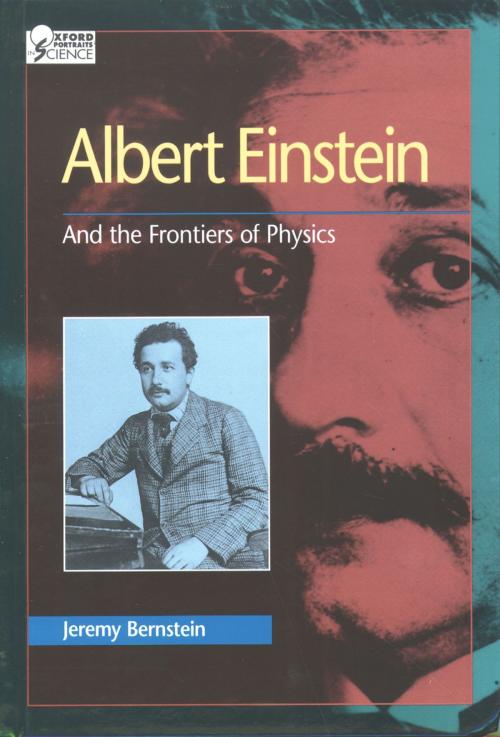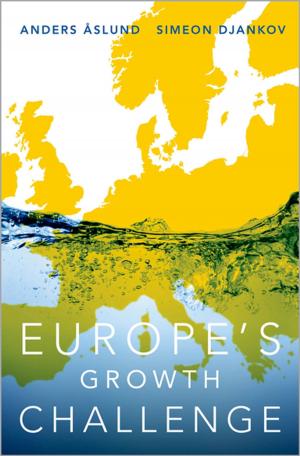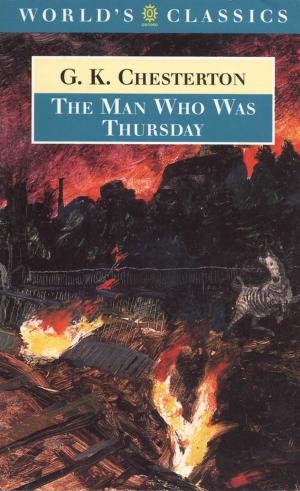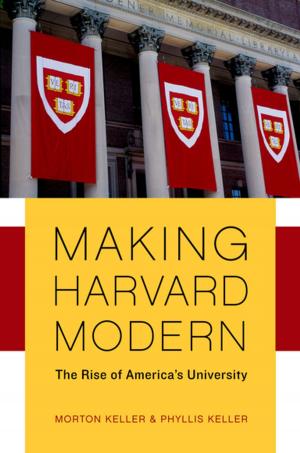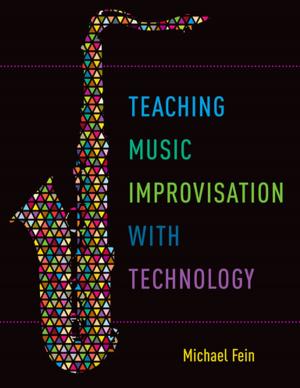Albert Einstein
And the Frontiers of Physics
Kids, People and Places, Biography, Non-Fiction, Science and Technology| Author: | Jeremy Bernstein | ISBN: | 9780190282462 |
| Publisher: | Oxford University Press | Publication: | August 29, 1996 |
| Imprint: | Oxford University Press | Language: | English |
| Author: | Jeremy Bernstein |
| ISBN: | 9780190282462 |
| Publisher: | Oxford University Press |
| Publication: | August 29, 1996 |
| Imprint: | Oxford University Press |
| Language: | English |
Albert Einstein did not impress his first teachers. They found him a dreamy child without an especially promising future. But some time in his early years he developed what he called "wonder" about the world. Later in life, he remembered two instances from his childhood--his fascination at age five with a compass and his introduction to the lucidity and certainty of geometry--that may have been the first signs of what was to come. From these ordinary beginnings, Einstein became one of the greatest scientific thinkers of all time. This illuminating biography describes in understandable language the experiments and revolutionary theories that flowed from Einstein's imagination and intellect--from his theory of relativity, which changed our conception of the universe and our place in it, to his search for a unified field theory that would explain all of the forces in the universe.
Albert Einstein did not impress his first teachers. They found him a dreamy child without an especially promising future. But some time in his early years he developed what he called "wonder" about the world. Later in life, he remembered two instances from his childhood--his fascination at age five with a compass and his introduction to the lucidity and certainty of geometry--that may have been the first signs of what was to come. From these ordinary beginnings, Einstein became one of the greatest scientific thinkers of all time. This illuminating biography describes in understandable language the experiments and revolutionary theories that flowed from Einstein's imagination and intellect--from his theory of relativity, which changed our conception of the universe and our place in it, to his search for a unified field theory that would explain all of the forces in the universe.
